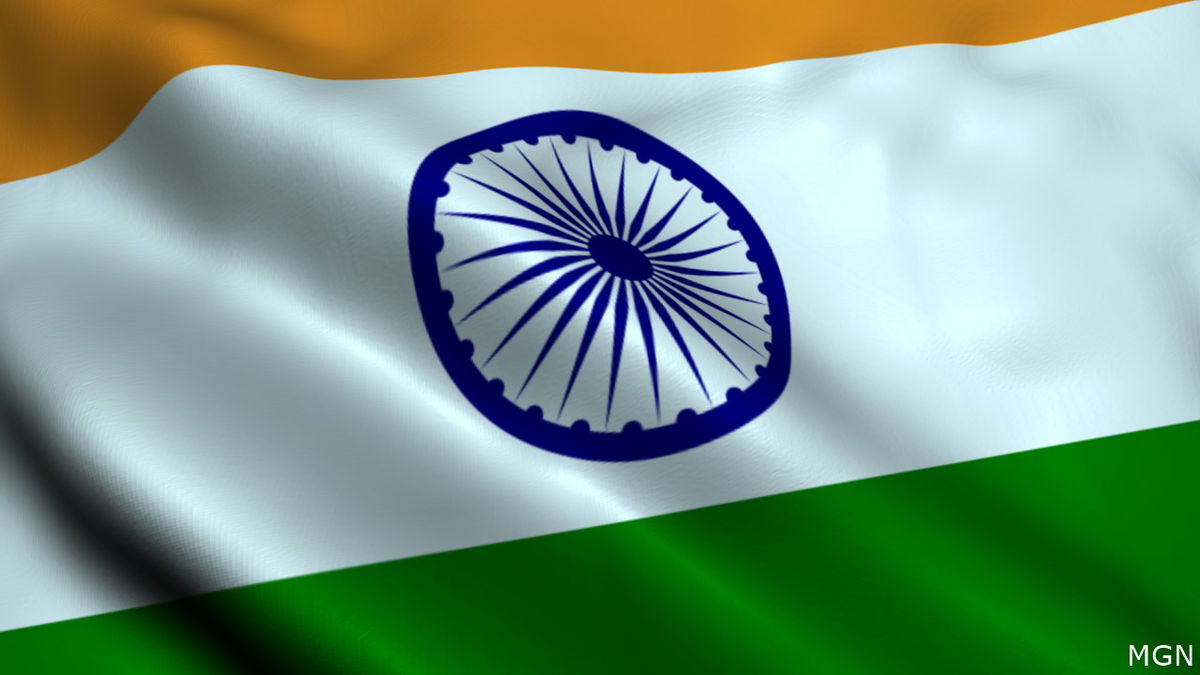8 cheetahs arrive to India from Namibia as part of reintroduction project

By Zoe Sottile, CNN
(CNN) - After going extinct in India over 70 years ago, cheetahs are finally making a comeback in the country with a new reintroduction program.
Eight cheetahs from Namibia arrived in India on Saturday, according to a tweet from the Cheetah Conservation Fund (CCF). The big cats were released into India's Kuno National Park in the state of Madya Pradesh.
Indian Prime Minister Narendra Modi was there to welcome the cheetahs to their new home. "A long wait is over," Modi wrote on Twitter alongside pictures of the cats in their new environment.
Today, the spotted felines are found in southern and eastern Africa, particularly in Namibia, Botswana, Kenya, and Tanzania, according to the World Wildlife Fund (WWF).
But the endangered cats used to have a much larger range. Historically, cheetahs roamed throughout the Middle East and central India as well as most of sub-Saharan Africa. Habitat loss, poaching, and conflict with humans have greatly reduced their populations.
There are now less than 7,000 cheetahs left in the wild, says the WWF. In Iran, there are just 12 adult cheetahs in the wild.
The release of the eight animals is part of a larger plan to reintroduce the cats to their former range. In January, India's Ministry of Environment, Forest and Climate Change announced in a news release that the government planned to release 50 cheetahs into Indian national parks over the next five years.
The group that arrived in Kuno consists of three male and five female adult cheetahs from Namibia, according to a news release from the CCF. Each cheetah was vaccinated, fitted with a satellite collar and kept in isolation at the fund's location in Otjiwarongo, Namibia, according to the release.
The animals chosen for the 11-hour trek were selected "based on an assessment of health, wild disposition, hunting skills, and ability to contribute genetics that will result in a strong founder population," says the organization.
It took a multi-step journey to get the cats from Namibia, on Africa's southwestern coast, to central India. On Friday, the cheetahs traveled from the CCF's center to the Hosea Kutako International Airport in Windhoek, Namibia. Then, they took a private jet to Jaipur, India. Finally, on Saturday the cats were taken to Kuno National Park and released into their new home.
"As a conservationist, I am thrilled, and as CCF's leader, I am exceptionally proud of the work of our CCF reintroduction team," Laurie Marker, the founder and executive director of the CCF, said in the release. "Without research and dedication to cheetah conservation, this project could not take place."
Jhala Yadvendradev, dean of the Wildlife Institute of India and principal scientist for India's Project Cheetah, said that the project will benefit India's ecoystems at large -- not just cheetahs.
"Bringing back a top predator restores historic evolutionary balance, resulting in cascading effects, leading to better management and restoration of wildlife habitat, for the benefit of all species, and will uplift the livelihoods of poor forest dwelling communities," Yadvendradev said in the release.
The-CNN-Wire
™ & © 2022 Cable News Network, Inc., a Warner Bros. Discovery Company. All rights reserved.